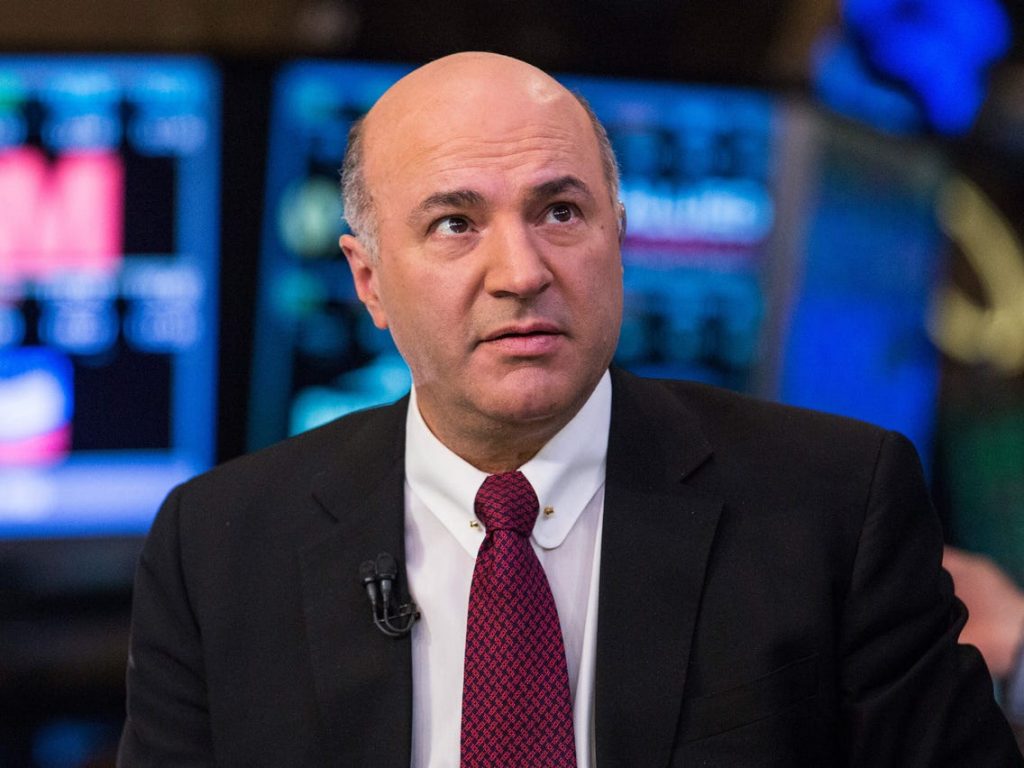
Celebrity investor Kevin O’Leary says he wants to at least double his cryptocurrency holdings by the end of 2021, and predicts that “trillions of dollars” could pour into the market if crypto becomes a new asset class.
The “Shark Tank” investor had previously said bitcoin was “garbage,” but he later changed his mind.
O’Leary, who is chairman of O’Shares ETFs, said he is bullish on crypto and wants to allocate more in his personal portfolio.
“I want to raise my exposure to crypto — currently at 3% — to 7% by the end of the year,” he told “Capital Connection” on Monday.
But he said investors want U.S. authorities to make decisions about regulating cryptocurrencies.
“I don’t want to get involved in crypto if the regulator says it’s not okay,” he said. “I can’t afford to be offside, I cannot afford to be non-compliant.”
The U.S. government is in the process of developing regulations for cryptocurrencies, even as more countries legalize bitcoin. Just last week, El Salvador became the first country in the world to adopt bitcoin as legal tender.
O’Leary said he expects regulators to recognize cryptocurrencies as an institutional asset class, but it’s unclear when that will happen. He added that infrastructure for compliance is also lacking compared to the systems for traditional assets.
However, he predicts that there will be “trillions of dollars of interest waiting to come on board” when regulators finally approve of cryptocurrencies as an institutional asset class.
For bitcoin specifically, if regulators allow financial services companies to treat it as an asset and approve bitcoin-based exchange traded funds in the U.S., he sees “another trillion dollars worth of buying” into the cryptocurrency.
“This is not going away, this is the new asset class,” he said.
Betting against airlines
O’Leary also said he is betting against airlines because “business travel will never come back to what it was” before the pandemic struck.
“I think the business travel side of the airline business is horrifically bad, and I’m making money shorting airlines,” he said, referring to a trading technique where investors borrow shares of a stock from a broker and sell them, hoping to be able to buy them back at a lower price.
“Not that I don’t like airlines, but I think they’re in a really bad business.”
Airlines have been hammered by border closures and travel restrictions since last year, when Covid first hit. They have endured uncertainty as the virus surged and waned in different parts of the world.
“These are bad, bad, bad businesses. Not because of just pandemics — because people don’t need to fly,″ he said.





























